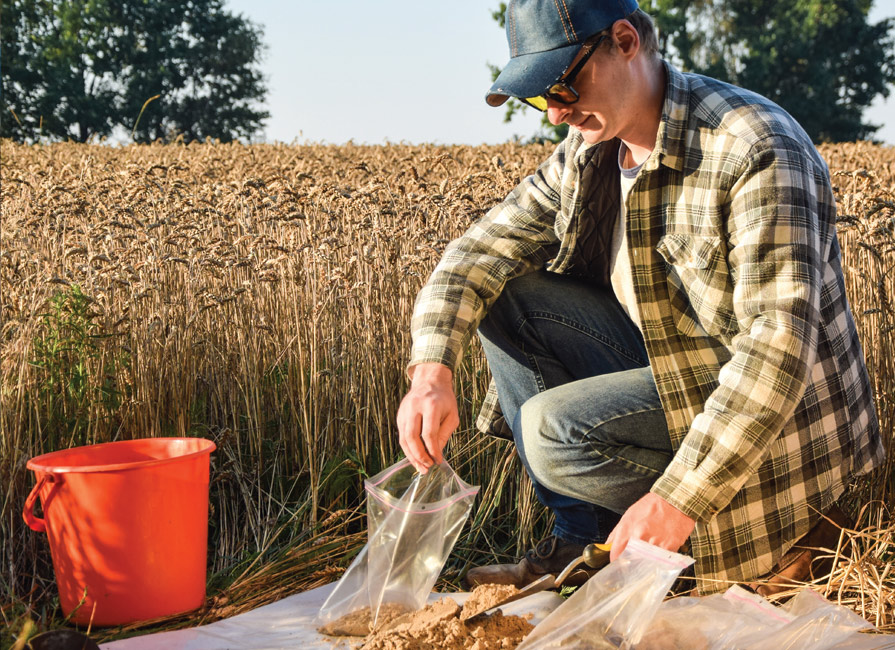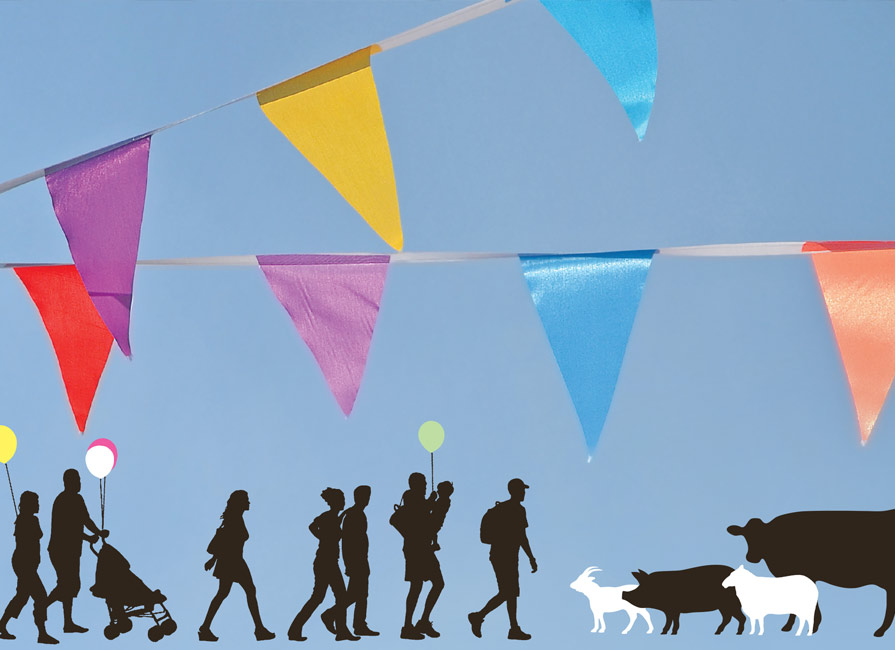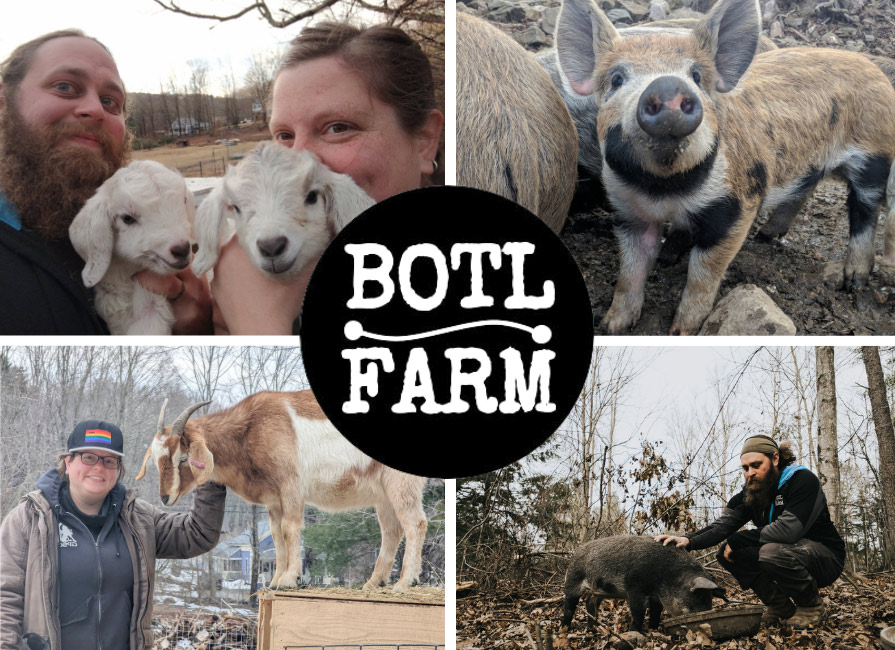Soil nutrient management is a vital part of regenerative farming and applying climate-smart practices can…
Certification vs. Regulation
Dear Aggie,
Why are certification programs necessary? Doesn’t USDA or anyone else have any general farm animal welfare guidelines for farms and slaughter plants?
Thanks,
Asking in Alaska
Dear Alaska,
The truth is that voluntary programs, such as those offered by AGW, offer the most detailed animal management and welfare standards. In the U.S., only three main pieces of federal legislation relate to animal welfare:
1. Humane Methods of Slaughter Act
This act does not apply to poultry or other birds and obviously only applies to other animals at the time of slaughter. As key aspect of the act it that it potentially allows for slaughter without pre-stunning. AWA believes that pre-slaughter stunning is absolutely essential to ensure good welfare at slaughter (see AWA Technical Advice Fact Sheet #18 here: http://animalwelfareapproved.org/standards/science-and-research/ and AWA slaughter standards here: http://animalwelfareapproved.org/standards/slaughter-redmeat/ and here: http://animalwelfareapproved.org/standards/slaughter-poultry/)
2. The Twenty Eight Hour Law
This law simply prohibits the transport of animals for a period of more than 28 consecutive hours without feed, water, space to move and opportunities to rest. The 28 hours can be extended to 36 hours if the destination can be reached in that time.
3. U.S. Animal Welfare Act
Although this act appears to be quite comprehensive, the definition of an animal for the purposes of this Act specifically excludes animals raised for food – in other words farm animals. So none of its provisions actually apply to livestock farmers.
Some individual states do have additional regulations relating to farm animal welfare. For example, eight states (including California, Colorado, Maine and Michigan) prohibit veal crates, while nine states (including California, Colorado, Oregon and Ohio) prohibit gestation crates for sows. But it’s a very confusing area for shoppers to navigate with real confidence. (You’ll find some helpful links on individual state laws here.)
Nevertheless, it is fair to say the U.S. has far less regulation on farm animal welfare when compared with other parts of the world, such as the European Union. AGW’s work to audit, certify and support independent family farmers raising their animals according to the highest animal welfare standards, outdoors on pasture or range is therefore an important way for farmers to differentiate themselves in the marketplace, and to assure shoppers they really are buying verifiably high-welfare, sustainable foods.
Thanks,
Aggie and the AGW Team
Dear Aggie is an opportunity to ask farming and food questions. Have a question? Click on the mail icon on the right side, or email DearAggie@agreenerworld.org and submit your question to Dear Aggie!



